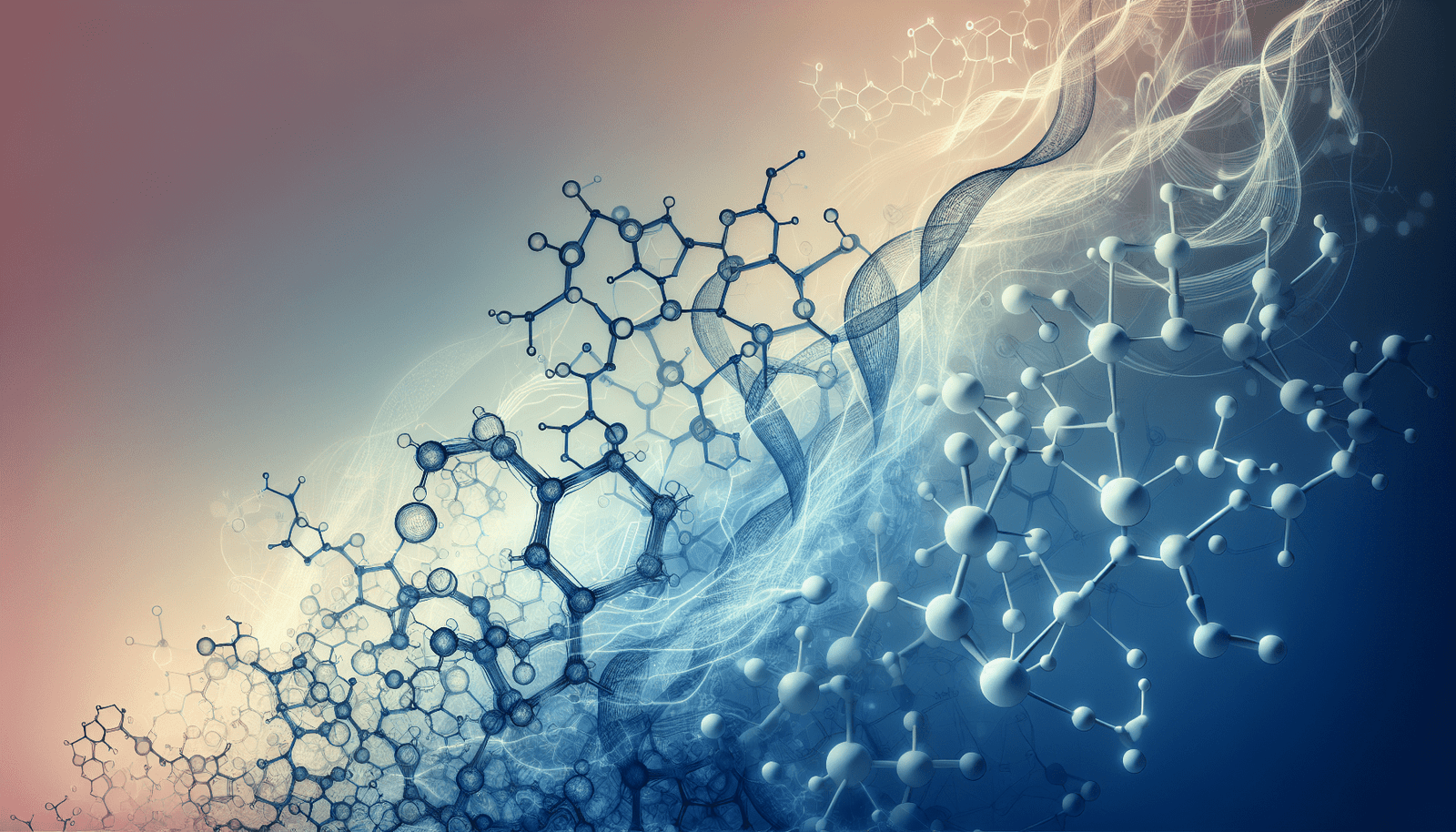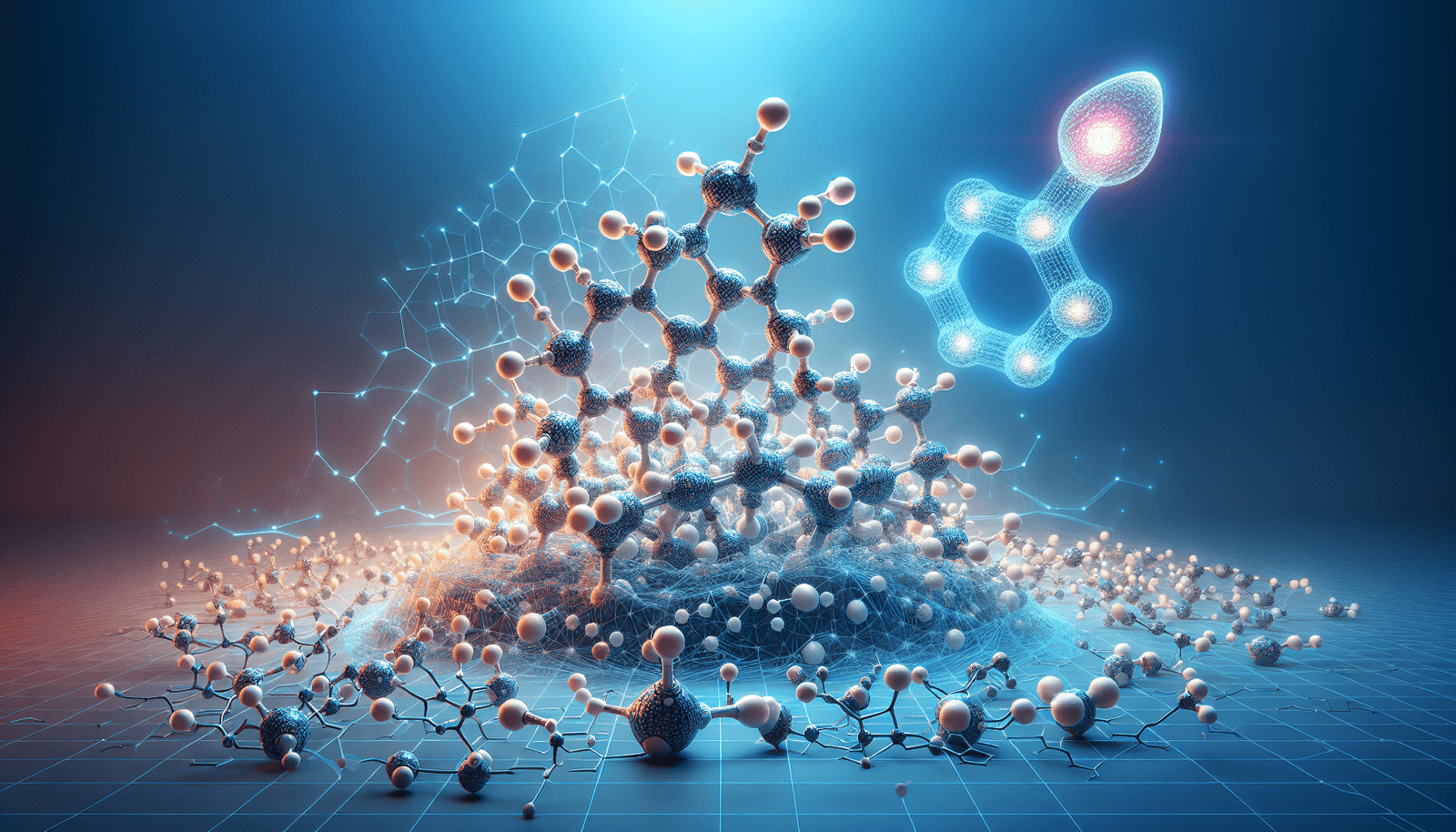Have you ever wondered if there’s a secret to boosting your testosterone levels naturally? If you’re someone who has heard whispers about IGF-1 and its potential role in increasing testosterone, you’re not alone. This inquiry is a common thread among those aiming to enhance their physical fitness, combat aging, or simply understand the science behind hormonal balance. Let’s peel back the layers and take a closer look at this intriguing subject, addressing how IGF-1 might interact with testosterone, and whether deer antler extract might play a surprising role.

Understanding IGF-1: What is It?
IGF-1 stands for Insulin-like Growth Factor 1. It’s a hormone with a structure similar to insulin, peaking your curiosity, isn’t it? Unlike insulin, IGF-1 is primarily associated with growth and development rather than regulating blood sugar. Produced mainly in the liver when stimulated by growth hormone (GH), IGF-1 plays a pivotal role in cell growth, replication, and repair.
The Role of IGF-1 in the Body
IGF-1 works hand in hand with growth hormone to promote the growth of bones and tissues. It’s like that dynamic duo you can’t separate – each enhances the other’s function. In children, this is particularly vital for physical growth, but in adults, IGF-1 shifts gears to focus on repairing and maintaining tissues. Also, its involvement in protein synthesis is essential for muscle growth, making it a hot topic in fitness discussions.
Delving into Testosterone: A Hormonal Powerhouse
Before we explore the potential connection between IGF-1 and testosterone, let’s revisit what testosterone is. It’s the primary male sex hormone, yet it plays important roles beyond basic reproductive functions. Often considered an emblem of masculinity, testosterone is crucial for muscle mass, bone density, fat distribution, and even mental acuity.
Functions and Importance of Testosterone
Testosterone isn’t just about physical prowess or fertility. It also impacts mood regulation. Low testosterone levels can lead to mood swings, fatigue, and even depression. It’s almost as if balancing this hormone is key to well-being. This aspect explains why so many look to boost their testosterone, hoping to tap into improved mood, increased energy, and enhanced physical performance.
IGF-1 and Testosterone: Are They Linked?
Here’s where things get fascinating. Does IGF-1 increase testosterone? This question is the crux of our exploration. The connection between these two hormones is not straightforward but is deeply intriguing. While IGF-1 itself does not directly increase testosterone levels, it can create conditions favorable for testosterone production.
The Indirect Influence: A Symbiotic Relationship
IGF-1 has an indirect influence by promoting overall endocrine health and enhancing the body’s environment for testosterone production. IGF-1 encourages an anabolic state conducive to muscle building, which can naturally increase testosterone levels as resistance and strength training are known to do.
Research Insights: What Studies Suggest
Research shows that IGF-1 can positively affect testosterone levels through pathways related to muscle maintenance and growth. For instance, aiding in muscle development indirectly supports higher testosterone levels, as the body tends to produce more testosterone to maintain increased muscle mass.
The Role of Deer Antler Extract
You might have heard about deer antler extract in the context of sports supplements and wondered about its potential effects. The substance is derived from the antlers of deer during their early growth stage when the antlers are incredibly rich in nutrients and growth factors, including, you guessed it, IGF-1.
Deer Antler Extract and IGF-1
Deer antler extract is said to contain significant amounts of IGF-1, making it a topic of interest for those seeking to enhance physical performance and reverse signs of aging. The extract aims to utilize the potent growth factors found naturally in deer antlers to benefit human health.
Biological Age Reversal: Fact or Fiction?
The extract is touted for its potential in biological age reversal, particularly in those in their mid-thirties and beyond. The claim is that by boosting IGF-1 levels through supplementation, individuals may experience a reversal or slowing of the aging process. This sounds almost too good to be true, raising a healthy dose of skepticism among researchers and consumers alike.
Scientific Backing (or Lack Thereof)
While some anecdotal evidence supports the effectiveness of deer antler extract, comprehensive scientific evidence is limited and more studies are needed to conclusively verify its benefits. It’s essential to approach such supplements with caution and a critical eye, considering both potential benefits and risks.

Weighing the Benefits and Risks
Understanding the potential benefits and risks associated with IGF-1 and deer antler extract is crucial. While these compounds promise various health benefits, they might not be suitable for everyone.
Potential Benefits
Some purported benefits of increasing IGF-1 through natural means or supplements include improved muscle mass, enhanced recovery times, better bone health, and potentially higher testosterone levels.
Risks and Considerations
Elevating IGF-1 levels, particularly through supplementation, may carry risks such as joint pain, altered glucose metabolism, and undesirable alterations in normal hormone levels. Such interventions should ideally be supervised by a healthcare professional to ensure safety and efficacy.
Strategies for Natural IGF-1 and Testosterone Boost
Before reaching for supplements, consider natural ways to optimize these hormones within your body. Lifestyle modifications can often provide profound effects.
| Strategy | Benefits |
|---|---|
| Strength Training | Boosts muscle mass and naturally increases testosterone. |
| Adequate Sleep | Promotes hormone balance and recovery. |
| Balanced Diet | Supports overall hormone health, including both testosterone and IGF-1. |
| Stress Reduction | Lowers cortisol, a hormone that can negatively impact testosterone. |
Strength Training and Fitness
Strength training is a powerful catalyst that promotes the production of both testosterone and IGF-1 by stressing muscles and prompting growth. This natural boost is both effective and sustainable with long-term health benefits.
The Impact of Diet and Sleep
A balanced diet rich in proteins, healthy fats, and whole grains, complemented by adequate sleep, can significantly regulate hormones. A nutrient-rich diet coupled with consistent rest provides the foundation for hormone synthesis and balance.
Final Thoughts: A Balanced Approach
So, does IGF-1 increase testosterone? While IGF-1 might not directly raise testosterone levels, it plays a supportive role and creates an environment conducive to the natural optimization of testosterone. Before considering supplements like deer antler extract, it’s vital to assess the benefits and risks and explore natural lifestyle changes that promote overall health and hormonal balance.
Remember, every body is different, and what works for someone else might not work for you. Consulting with healthcare providers or specialists in hormone health can help you make informed decisions tailored to your needs and goals. With the right approach, you can enhance hormone health naturally, effectively, and sustainably.





